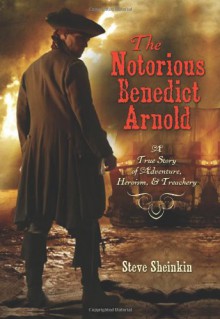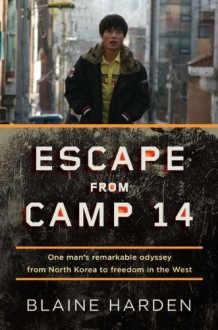
I think that we have all known someone like Benedict Arnold. Not like the Benedict Arnold that was an amazing, brave to the point of reckless general. Not like the Benedict Arnold that was this country's most infamous traitor. In other words, not many of us actually ever get to know people who are larger than life history-makers. But we all know people like the Benedict Arnold who was plagued by entitlement, vanity, insecurity, and an easily wounded pride that lead him to hot words and rash deeds that he just couldn't climb down from. We all know people like that Benedict Arnold, because that Benedict Arnold is like the rest of us mere mortals; flawed, imperfect, defined by our past and our experiences, human. One has to wonder, if Benedict Arnold had had a good psychotherapist to help him gain a little self-knowledge and internal insight, would he have never committed treason?
The life of Benedict Arnold reads like a Greek tragedy, or like Macbeth. Like figures in Greek tragedy, or like Macbeth, Arnold soars to glorious heights. He is an undisputed hero. The Americans found him to be a great warrior. Even the British feared him. But Arnold's fall comes about because of his own fatal flaws. Benedict Arnold's story is kind of sad, actually. His name did not have to be remembered for treason. But he sabotaged himself. He was his own worst enemy, and he made a lot of enemies. In the end Arnold not only betrayed his country, but also the legacy he should have, and could have had. He may never have had all of the praise and fawning admiration he wanted in his own lifetime. But if he had just not been such a hot head, his name would have been an honored one in American history. He would have had glory and accolades 200 years later. Instead, his name is synonymous with the stain of dishonor. His story is above all, tragic.

 Log in with Facebook
Log in with Facebook 









